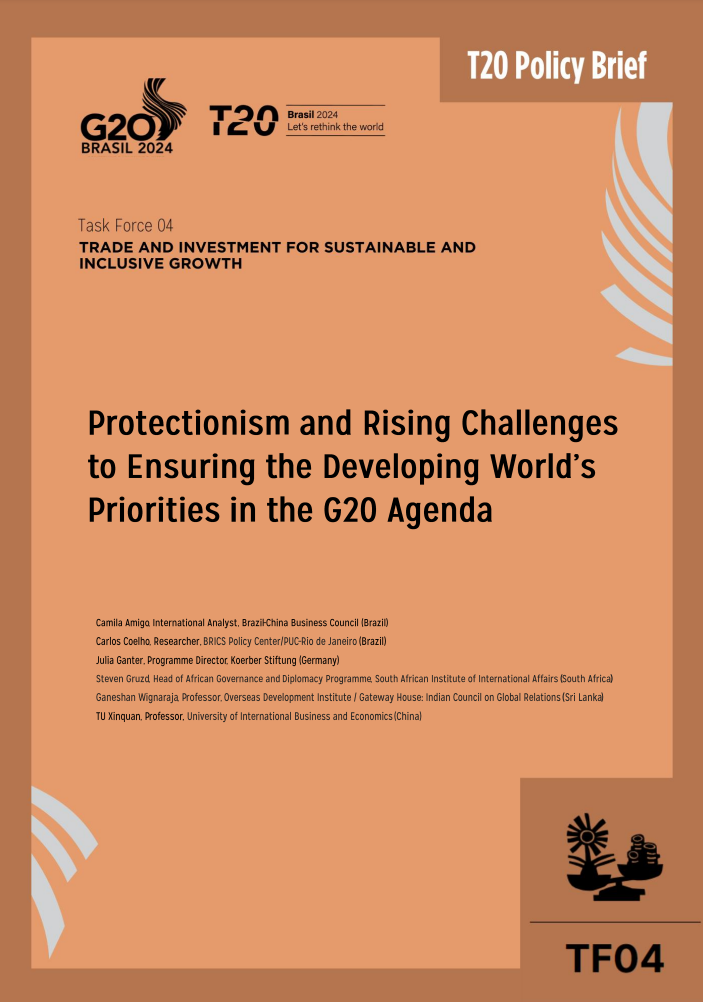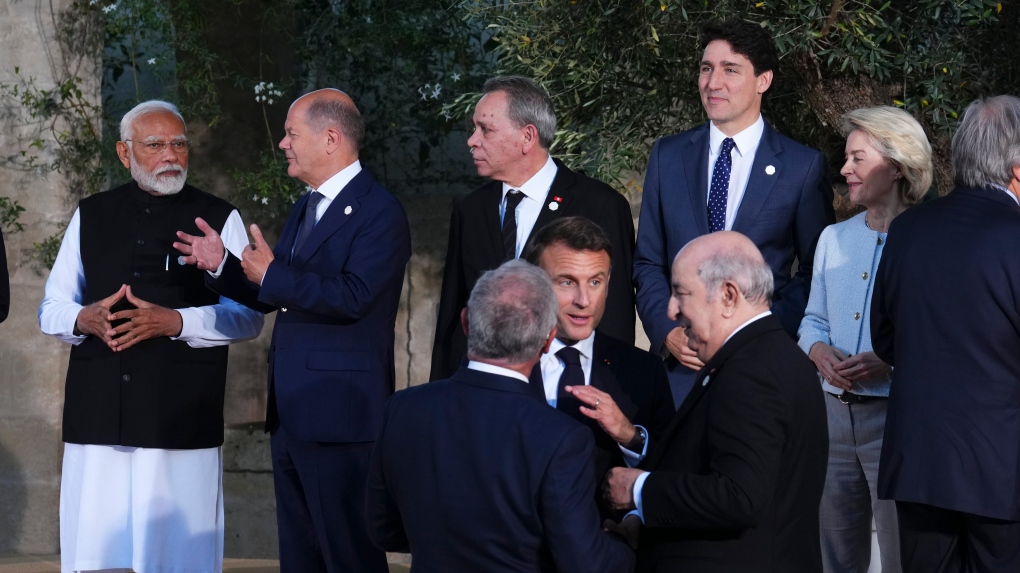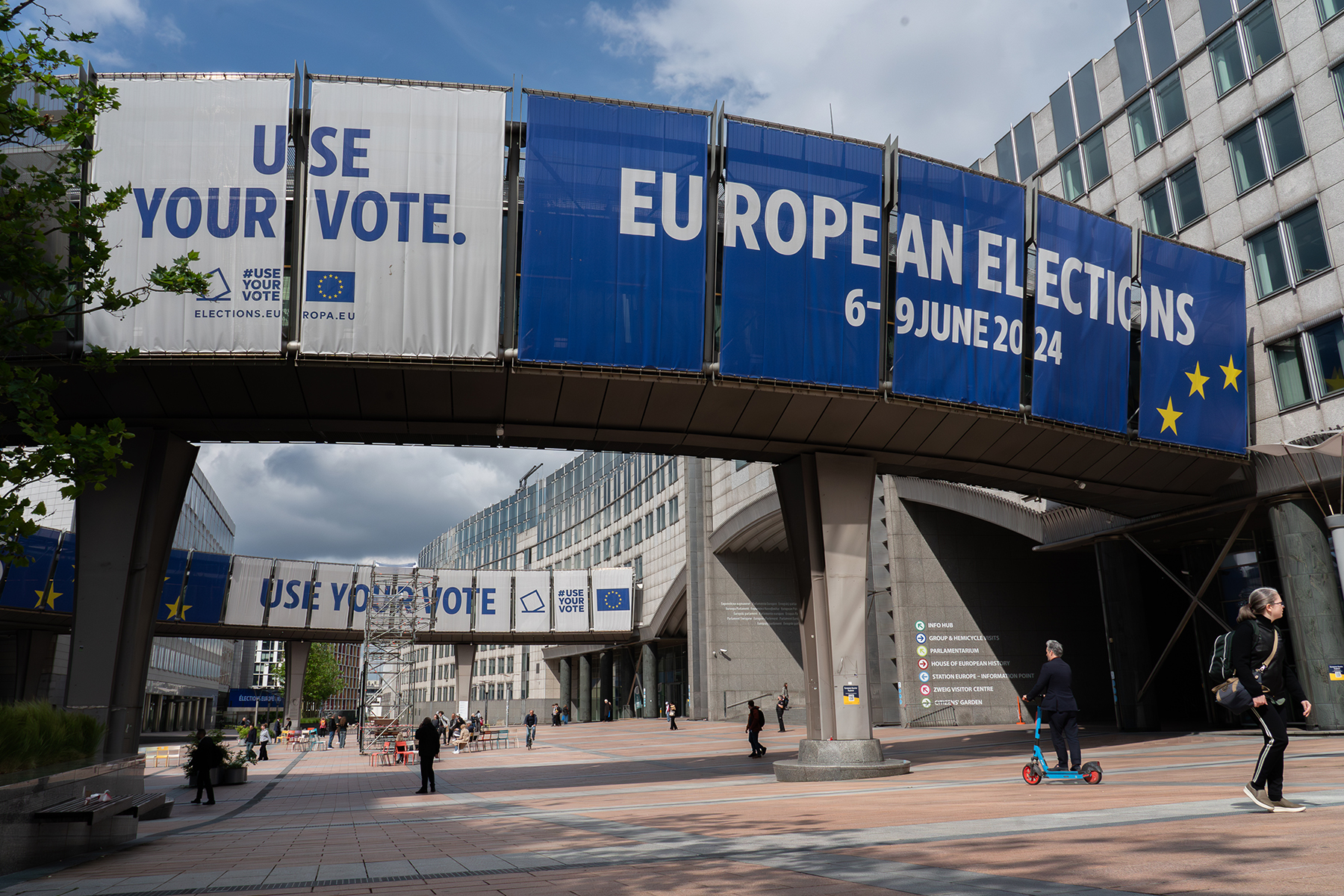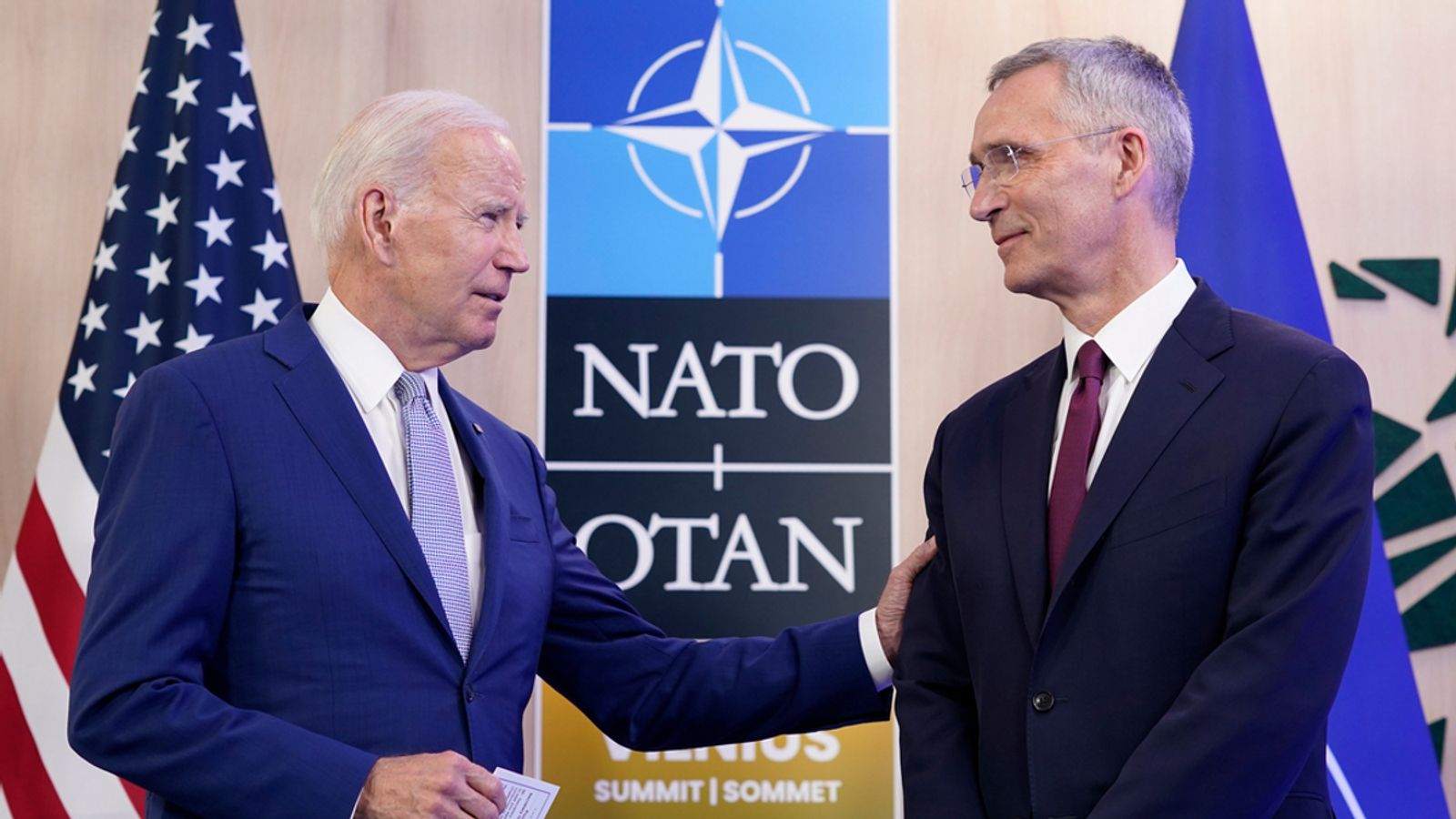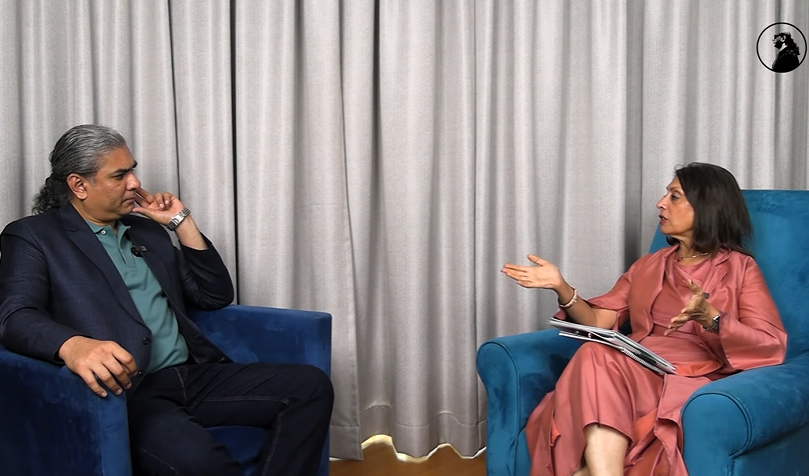India’s expanding African outreach
President Droupadi Murmu made state visits to Algeria, Mauritania, and Malawi from 13-19 October. It was the first-ever visit by an Indian head of state to these African nations, reflecting New Delhi's interest in strengthening its multidimensional strategic partnership with the continent. It also provides an opportunity to understand and respond to the needs of nations in the Global South.


